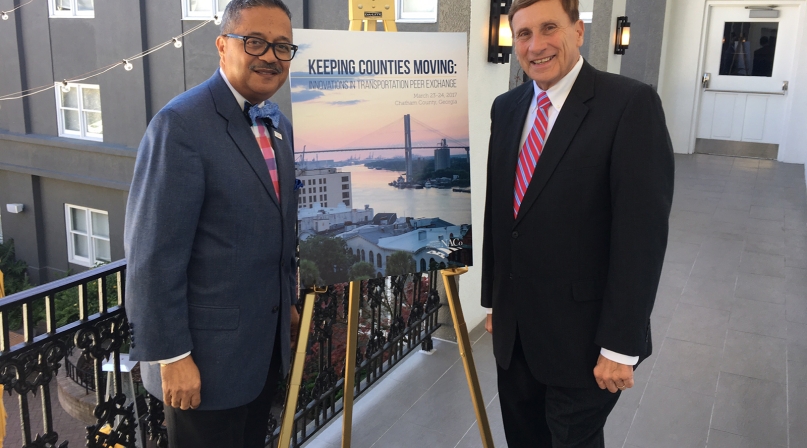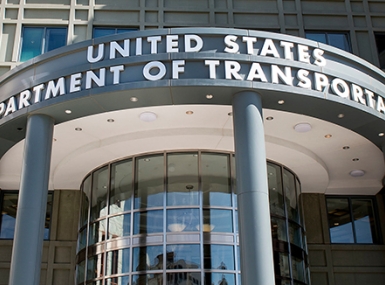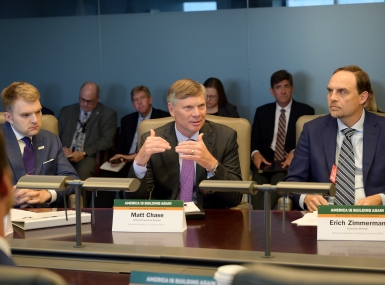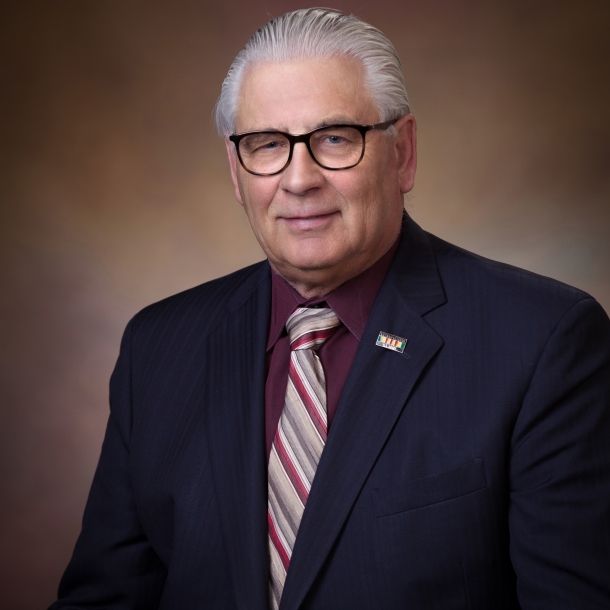Transportation peer exchange examines key role played by regional cooperation

NACo's Peer Exchange offered insights into critical and interconnected nature of transportation planning challenges
Last month, NACo hosted the Keeping Counties Moving: Innovations in Freight Transportation Peer Exchange in Chatham County, Savannah, Ga. At the event, a small group of county leaders, including myself, heard about a wide range of interconnected transportation issues including the need to better link ports, highways and airports. Welcomed by the Honorable Pat Farrell, Commissioner of Chatham County, attendees came from across the country to focus on the role of counties in facilitating freight activities and expanding the focus of transportation planning to include megaregions—areas spanning multiple cities that are linked by transportation, economics, and social relationships—that promote regional economic competitiveness. In attendance were county elected officials, county staff-members, state and regional non-profit and governmental organizations, and a representative from the Federal Highway Administration.
The U.S. Department of Transportation — which supported this event through the Federal Highway Administration Office of Planning, Environment and Realty — has identified 11 megaregions across the nation that would benefit from regional collaboration, coordination, and resource-sharing in terms of traffic, rail and airport planning. These megaregions will provide a more comprehensive and coordinated view of the allocation of resources, sharing of funding sources and fluidity in the movement of goods and services across the nation. They require county officials to take a broader look at the interconnectivity of the nation’s transportation-planning efforts.
Based on its history as a port city, its location within the Piedmont Atlantic Megaregion and its current innovations in goods movement planning, Savannah was the ideal location for this event. Known as “America’s First Planned City,” Savannah was founded in 1733 and was quickly established as a thriving port economy in Colonial America. Today, as the largest single-container terminal in North America and the second busiest container exporter in the United States, the Port of Savannah serves as an economic engine for Chatham County, the state of Georgia and the nation. In a noteworthy public-private collaboration, Georgia Ports Authority and Chatham County work together to plan and invest in strategic on-site capital improvement projects and vital improvements to first-mile/last-mile connector networks.
The Peer Exchange attendees experienced these developments first-hand on a tour of the Port of Savannah. During the tour, and throughout the discussions, a common theme emerged: the key to improving commerce across the country is better communication and collaboration, with local government, transportation-planning organizations, industry and economic-development organizations. Policy solutions discussed at the conference included new efficiencies at our port facilities to improve loading and off-loading, better use of rail transport, improved interregional coordination, upgraded traffic planning and innovations to reduce highway freight congestion.
As a vice chair of the NACo transportation committee, I found the Peer Exchange to be helpful in gaining insights not only into my local transportation challenges but also into the critical and interconnected nature of regional and national challenges facing our entire multimodal system. Applying these lessons to my home state of Colorado, the Legislature is now evaluating a proposal that would raise the state sales tax to generate funding of about $3.8 billion to begin to address the more serious highway safety and maintenance problems as well as address improvements in reducing traffic congestion. If it passes out of the legislature, a statewide vote would have to occur before it could become law. The resulting reduction in traffic and improved infrastructure, however, could help improve goods movement across the state and the Front Range Megaregion.
Only days removed from the Peer Exchange event, Atlanta experienced the collapse of a critical I-85 overpass. As Atlanta sits in the center of the Piedmont Megaregion, this interruption has and will continue to have an impact on traffic and goods movement within the region and beyond. Additionally, this collapse highlights the vulnerability of our infrastructure and the potentially disastrous economic impacts a breakdown in the nation’s transportation system can cause. It is vitally important that localities and megaregions begin planning today to improve their critical infrastructure, goods movement strategies and multimodal transportation options.
Attachments
Related News

NACo sends letter to USDOT urging support for county priorities in surface transportation reauthorization
On July 21, the U.S. Department of Transportation (USDOT) published a Request for Information to gather recommendations from stakeholders across transportation sectors as the agency works to develop its priorities for the upcoming surface transportation reauthorization bill.

Local government leaders meet with USDOT on surface transportation reauthorization
On August 15, NACo and the National Association of County Engineers (NACE), met with the U.S. Department of Transportation (USDOT) to discuss county transportation and infrastructure priorities.

Senate lawmakers introduce bipartisan legislation to support public lands counties
On August 4, U.S. Sens. Catherine Cortez Masto (D-Nev.), Steve Daines (R-Mont.) and Adam Schiff (D-Calif.) introduced the More Opportunities for Rural Economies (MORE) Grants Package.
